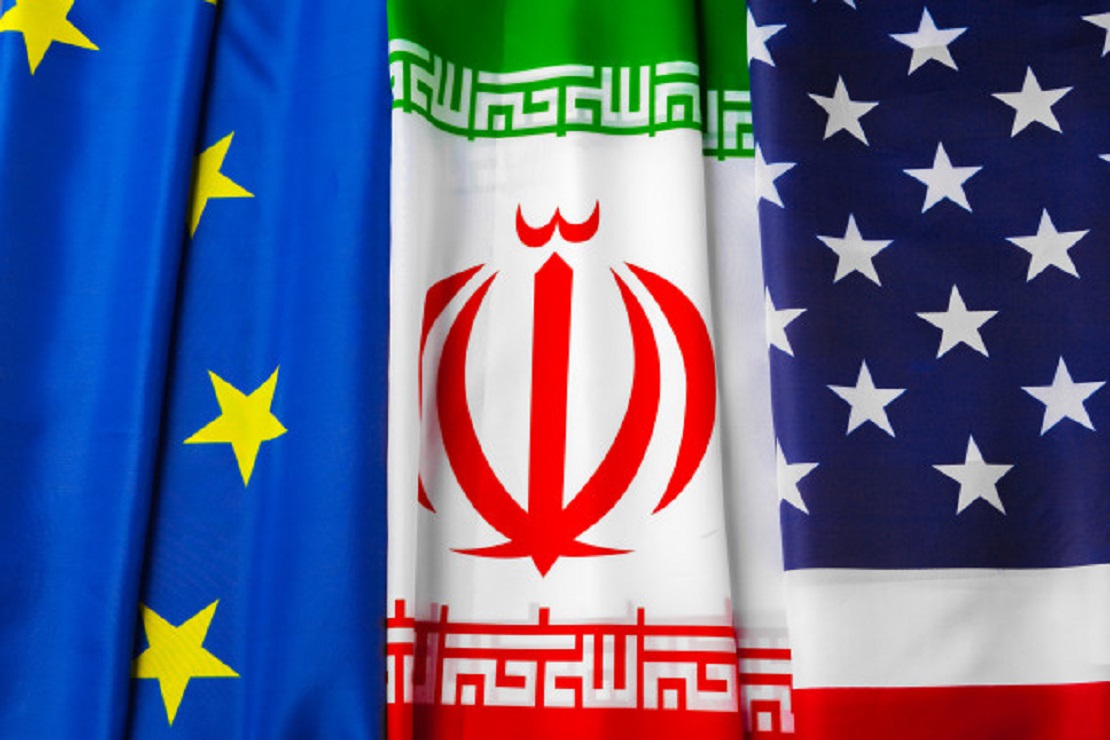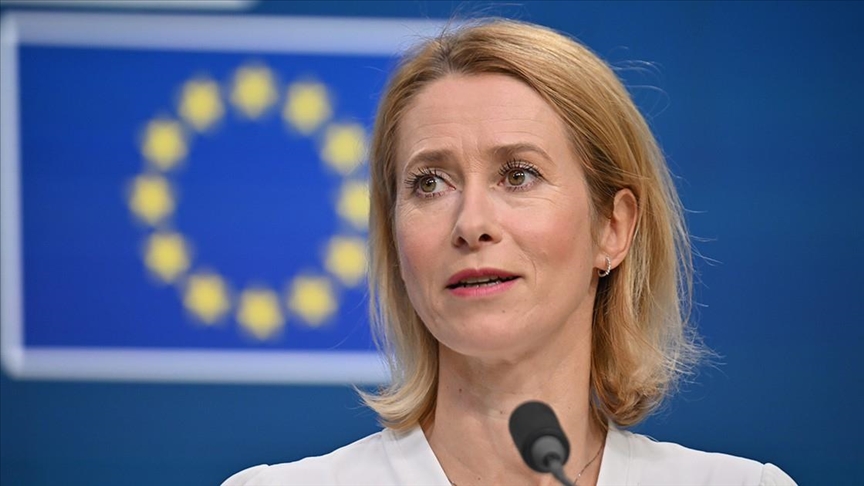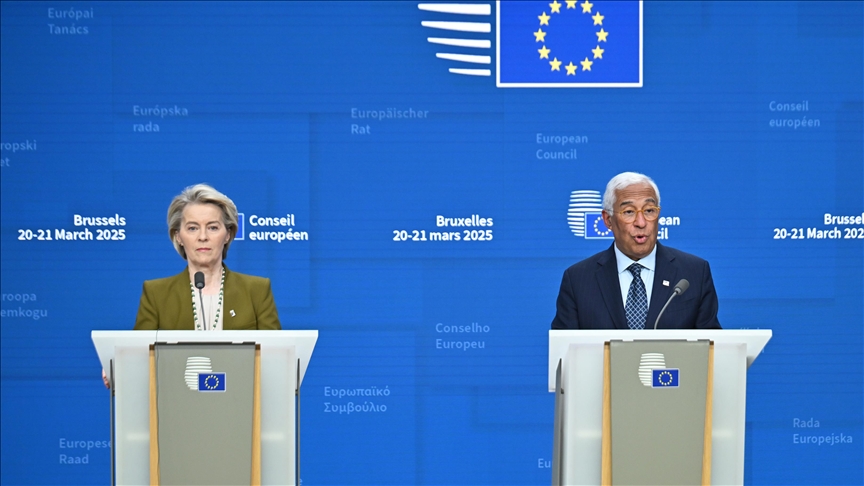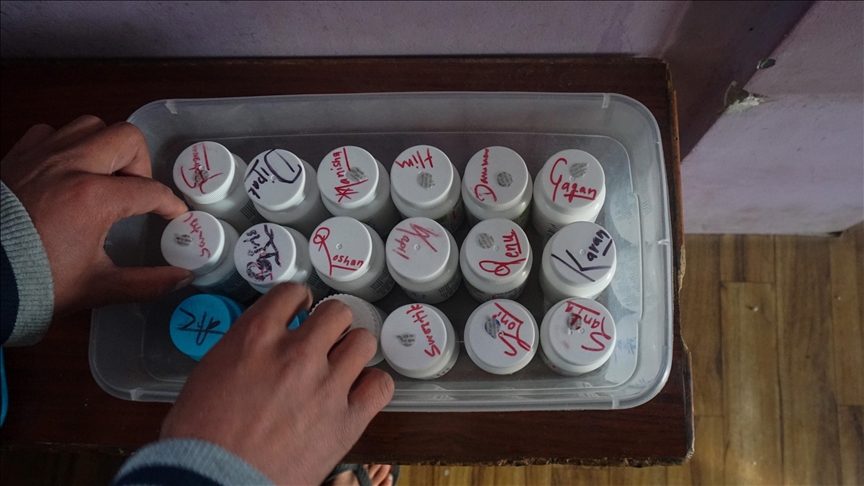In a recent statement to Ednews, English political scientist Neil Watson highlighted the escalating tensions between Iran and the West, suggesting that Iran's display of military prowess has put significant pressure on Western nations, ultimately playing into the hands of Russia.
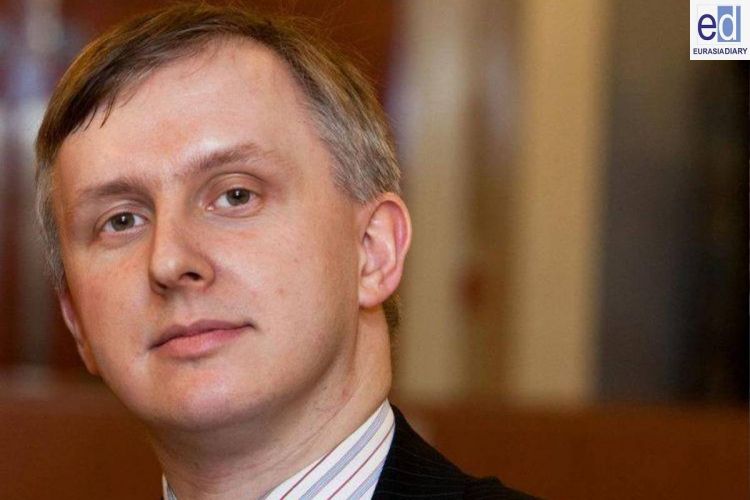
Watson pointed out that the original agenda of a recent summit had been overshadowed by the emerging Iran-Israel conflict, turning what was supposed to be a discussion on economic cooperation within the EU and strategies for resolving the Russia-Ukraine conflict into a forum dominated by concerns about the escalating situation in the Middle East.
"The main essence of this meeting changed after the emergence of the Iran-Israel problem," stated Watson. "Of course, all the issues are related to each other, especially since Iran is an ally of Russia."
He emphasized the significance of the Russia-Iran axis, characterized by two former superpowers with nuclear capabilities, challenging the influence of Western nations. Watson argued that the conflict in Ukraine has further exacerbated tensions, leading to economic repercussions and policy divisions within the EU.
"Especially among the countries that used to be on the other side of the 'Iron Curtain' and are still under some forces," Watson remarked. "It makes it an ideal time for conflict between Iran and Israel to flare up."
The focus of the summit, according to Watson, should be on establishing unified EU policies regarding security and cooperation in areas such as arms trade, food, and medical supplies. He advocated for a cohesive approach that takes into account the perspectives of all EU member states, even if it conflicts with the stance of the United States.
As the Iran-Israel conflict continues to escalate, the summit underscores the challenges facing European leaders as they navigate geopolitical tensions and strive for unity in the face of external pressures.

